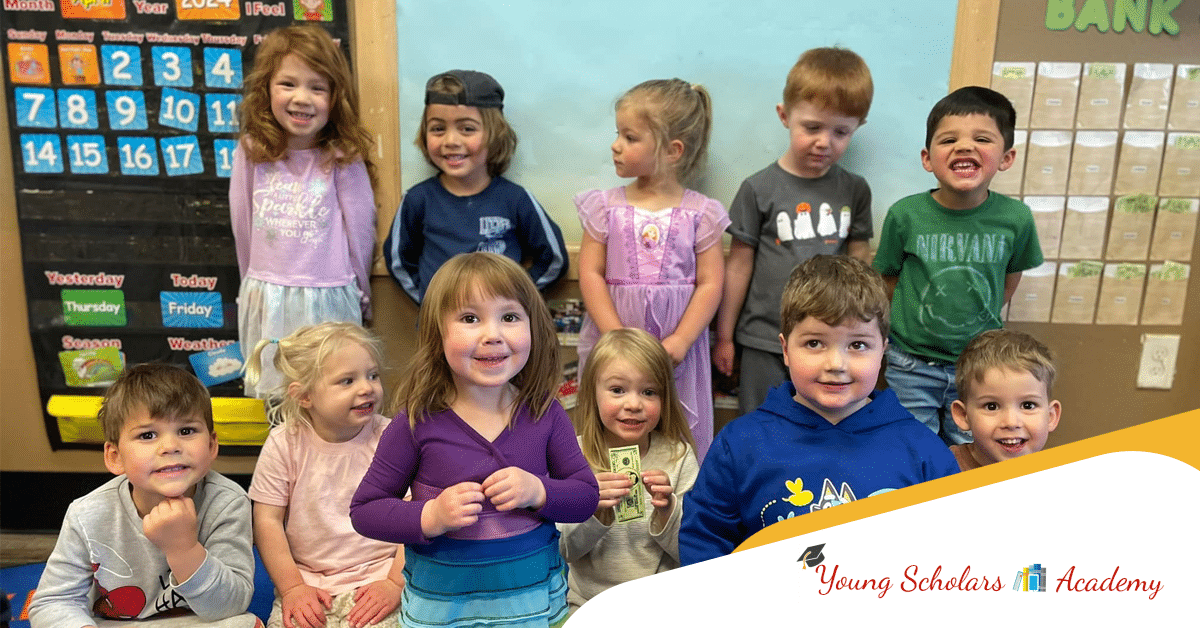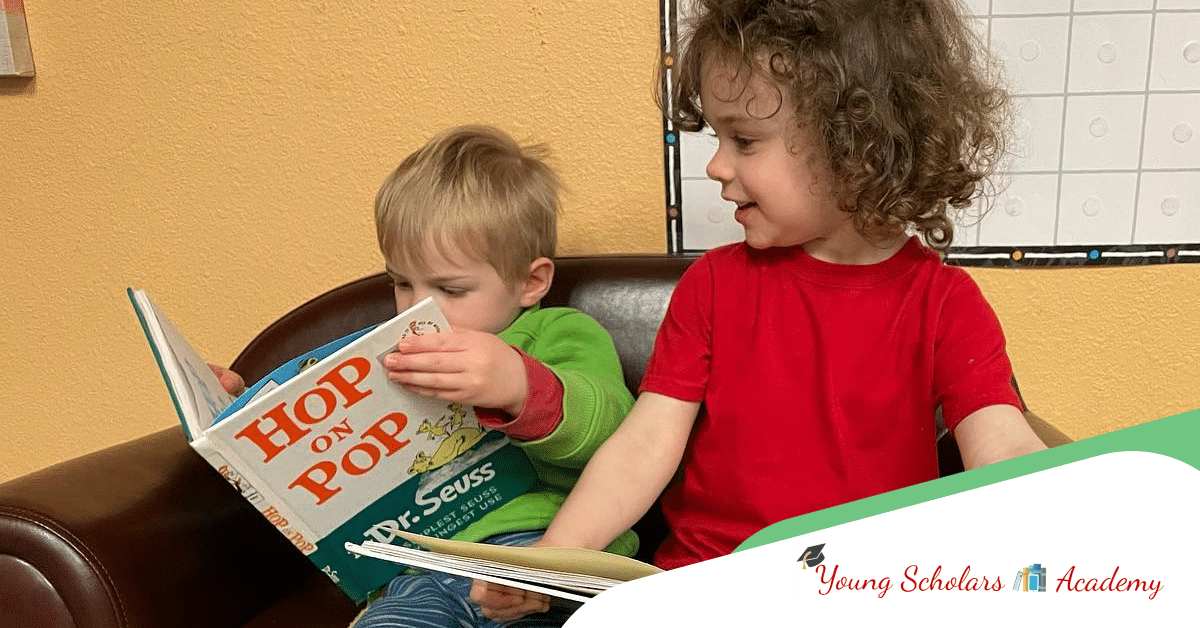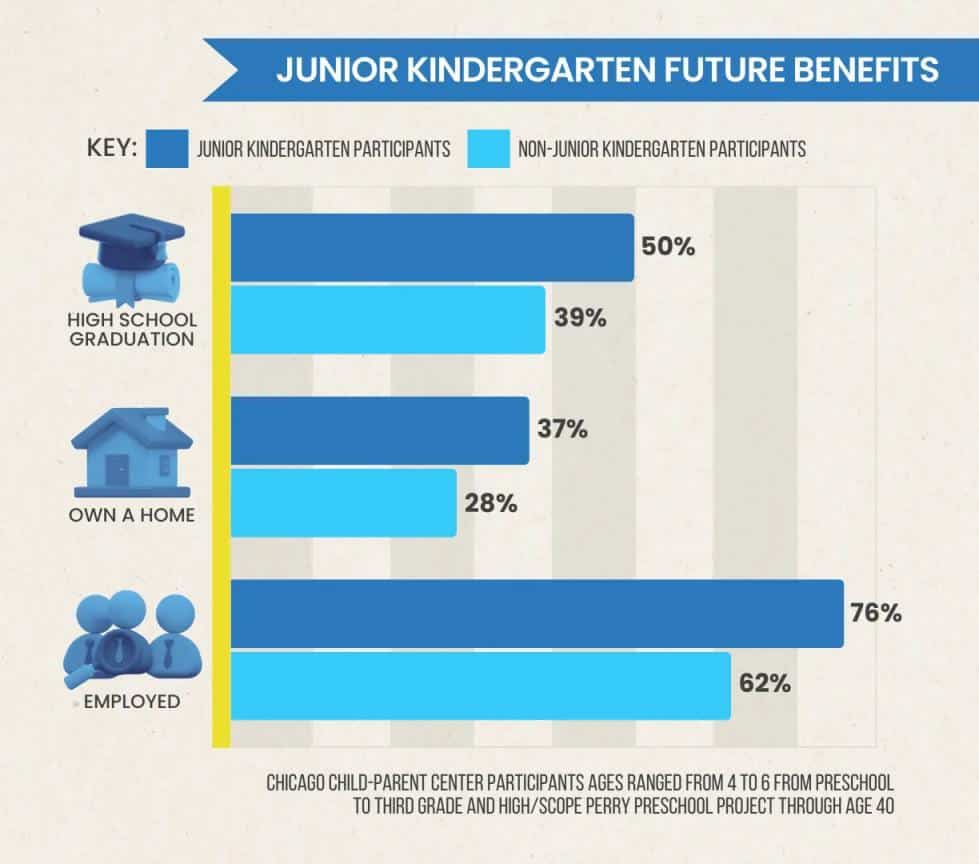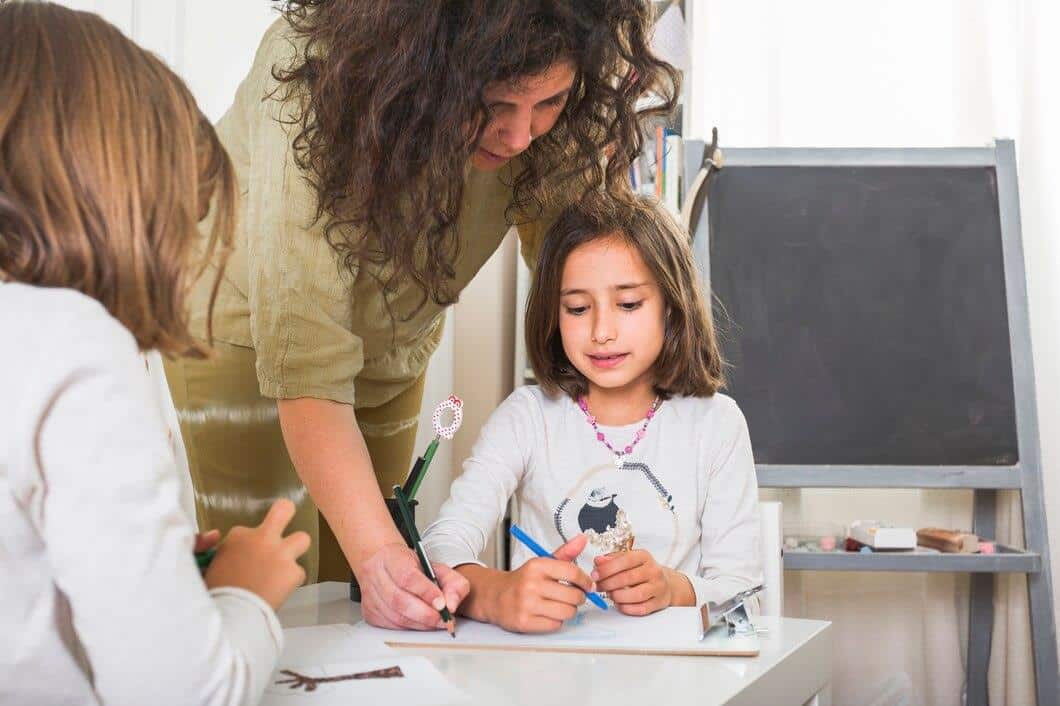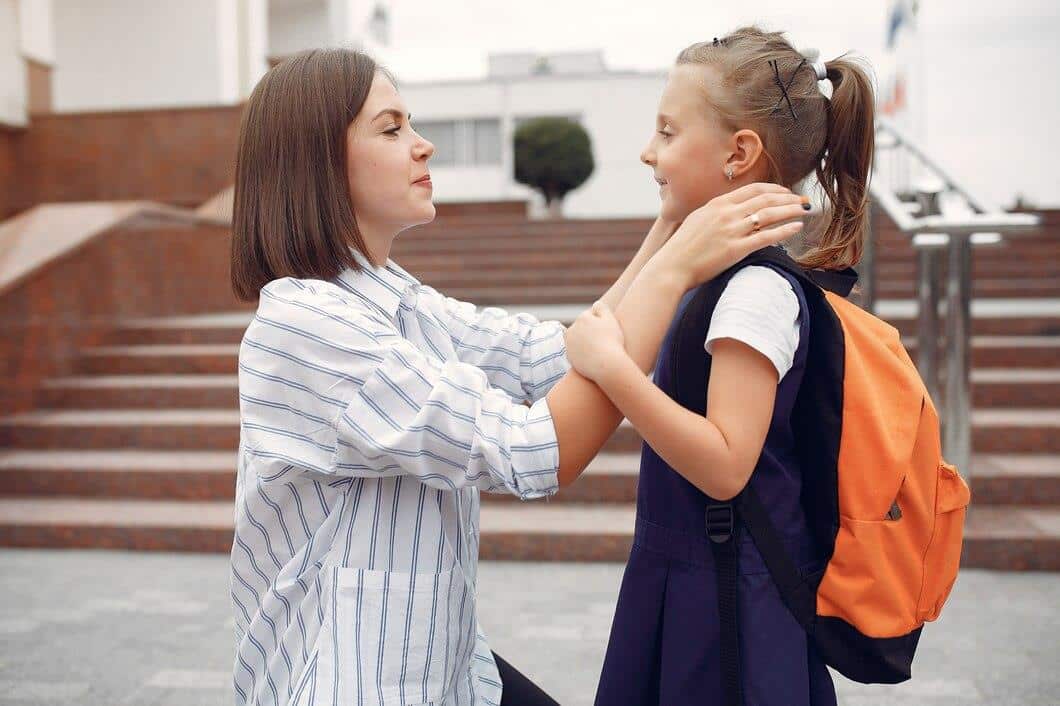Finding the right daycare Colorado Springs is a top priority for families seeking a safe, nurturing setting where their little ones can learn, grow, and thrive. With many options available, finding a daycare that balances affordability with quality education and care is essential.
Colorado Springs is home to exceptional childcare centers that focus on fostering a love for learning, building incredible relationships, and creating a sense of community. Whether you’re looking for infant care, preschool programs, or after-school activities, this guide highlights top-rated daycares that meet the needs of families and children.
High-Quality Childcare Colorado Springs Options

Choosing the appropriate childcare center is a significant decision for any family. Colorado Springs offers a variety of high-quality childcare options, each dedicated to fostering your child’s growth in a safe and loving environment. To make the search easier, we’ve outlined the essential features of top-tier childcare Colorado Springs centers.
What Makes a Childcare Center High-Quality?
When searching for the best childcare in Colorado Springs, it’s essential to focus on centers that provide:
- Safe and Clean Environments: The facility should prioritize safety measures, including secure entry systems, regular cleaning schedules, and childproofed spaces.
- Qualified and Caring Staff: Teachers and caregivers should have relevant certifications and a passion for nurturing children’s development.
- Engaging Curriculums: Look for programs incorporating hands-on activities, play-based learning, and age-appropriate educational experiences.
- Small Teacher-to-Child Ratios: A lower ratio ensures personalized attention for every child.
These features create a positive learning experience and give parents peace of mind.
Benefits of Enrolling in Quality Childcare
Investing in high-quality childcare provides a wealth of benefits, including:
- Enhanced Social Skills: Interaction with peers helps children develop cooperation and communication skills.
- Early Learning Opportunities: Exposure to structured activities fosters cognitive growth and a love for learning.
- Consistency and Routine: A reliable daily schedule supports emotional stability and prepares children for school.
Tips for Choosing the Right Childcare
To ensure you choose the best option for your family, consider these tips:
- Schedule Tours: Visit multiple centers to observe the environment, meet the staff, and ask questions.
- Check Accreditation: Prioritize centers accredited by reputable organizations, such as NAEYC.
- Read Reviews: Parent testimonials offer valuable insights into a center’s strengths and weaknesses.
- Ask About Policies: Inquire about health protocols, discipline policies, and parent communication practices.
High-quality childcare in Colorado Springs goes beyond meeting basic needs—it nurtures children’s curiosity, builds foundational skills, and provides a second home where they can feel safe and loved. Families can find the most adequate fit for their child’s early education journey by focusing on essential features and exploring top-rated centers.
Exploring the Best Preschools Colorado Springs
Preschool is a critical step in a child’s educational journey, setting the foundation for lifelong learning and development. Families are fortunate to have access to various high-quality preschools Colorado Springs that cater to diverse learning styles and needs. These programs foster creativity, social interaction, and early academic skills in a nurturing environment.
Why Preschool Matters
Preschool offers much more than just early education; it provides a structured setting where children can:
- Develop Social Skills: Interaction with peers helps build cooperation, sharing, and conflict-resolution abilities.
- Enhance Emotional Growth: Teachers guide children in understanding and managing emotions, building confidence and independence.
- Prepare for Kindergarten: Preschool lays the groundwork for literacy, numeracy, and critical thinking, giving children a head start.
Parents often find preschool helps their children academically and fosters a love for learning.
Features of High-Quality Preschools
When evaluating preschools in Colorado Springs, look for these essential features:
- Engaging Curriculum: Top preschools use hands-on activities, play-based learning, and thematic lessons to make education fun and meaningful.
- Qualified Teachers: Staff should have early childhood education training and a passion for nurturing young learners.
- Safe and Stimulating Environment: The facility should be clean, well-organized, and designed to encourage exploration and creativity.
- Parental Involvement: Quality preschools value open communication and invite parents to take part in the learning journey.
Activities and Opportunities to Look For
The best preschools don’t just teach—they inspire. Look for programs that incorporate a range of activities to nurture different aspects of your child’s growth, such as:
- Creative Arts: Painting, drawing, and crafting encourage self-expression and fine motor skill development.
- Outdoor Play: Physical activities and nature exploration promote healthy habits and motor coordination.
- Early Literacy and Numeracy: Storytime, alphabet games, and counting exercises lay a strong foundation for academic skills.
- Group Projects: Collaborative activities teach teamwork and problem-solving skills.
These activities provide children with balanced academic, social, and physical development opportunities.
Tips for Choosing the Right Preschool
Finding the adequate preschool for your child can feel overwhelming. Here are some tips to simplify the process:
- Visit the Preschools: Schedule tours to observe classrooms, meet teachers, and feel the school’s atmosphere.
- Ask Questions: Inquire about the daily schedule, teaching methods, and how they address individual learning needs.
- Consider Location and Hours: Make sure the preschool’s location and hours align with your family’s routine.
- Check Reviews: Parent testimonials and online reviews provide valuable insights into a school’s strengths and weaknesses.
The Value of Preschool
Investing in a high-quality preschool program in Colorado Springs ensures your child receives the tools and experiences needed for future academic and personal success. With an array of exceptional options available, families can find a preschool that meets their expectations and supports their child’s early growth. Whether seeking a play-based approach or an academically focused curriculum, Colorado Springs preschools offer endless opportunities for young learners to thrive.
Trusted Infant Daycare Colorado Springs
Finding a trusted infant daycare center is one of parents’ most important decisions during their child’s early years. Infant care requires specialized attention, as it lays the foundation for emotional, social, and cognitive development. Colorado Springs offers many daycare centers that provide a nurturing, safe, and stimulating environment tailored to infants’ unique needs.
What to Expect from an Infant Daycare
Infant daycare is not just about supervision; it’s about fostering a supportive environment where babies can thrive. Parents should expect:
- Personalized Care: Low caregiver-to-infant ratios ensure each child gets individualized attention.
- Safe and Clean Spaces: Baby-proofed facilities, regular sanitization, and strict safety protocols provide peace of mind.
- Engaging Activities: Developmentally appropriate activities, like tummy time, sensory play, and music, stimulate growth.
- Consistent Communication: Daily reports on feeding, sleeping, and activities keep parents informed.
These elements are the hallmarks of a quality infant daycare program.
Benefits of Infant Daycare
Placing your baby in a reputable daycare offers numerous benefits, including:
- Social Interaction: Babies begin to observe and interact with peers, building early social skills.
- Routine Development: Structured schedules for feeding, napping, and playtime create consistency, helping babies feel secure.
- Support for Development: Skilled caregivers guide infants through milestones, such as crawling, grasping, and babbling.
- Peace of Mind for Parents: Knowing your baby is in capable hands allows you to focus on work or other responsibilities.
Features of Trusted Infant Daycares
When evaluating infant daycare centers in Colorado Springs, look for these key features:
- Qualified Caregivers: Staff should be trained in infant care, CPR, and first aid and have a warm, nurturing approach.
- Secure Environment: Facilities should prioritize safety with secure entry systems, surveillance cameras, and age-appropriate toys and equipment.
- Parent Partnership: Trusted centers encourage open communication and collaboration with parents to meet each baby’s needs.
- Developmental Programs: Activities should focus on motor skills, sensory exploration, and emotional bonding.
Tips for Selecting the Right Infant Daycare
Finding the perfect daycare requires careful research and thoughtful questions. Here are some tips to guide your decision:
- Tour Multiple Centers: Observe the environment, meet caregivers, and ask about daily routines.
- Check Credentials: Ensure the center is licensed and caregivers have relevant certifications.
- Ask About Policies: Inquire about their approach to feeding, napping, and diapering, as well as health and safety protocols.
- Seek Recommendations: Ask friends, family, or parenting groups for referrals to trusted centers.
- Trust Your Instincts: Choose a daycare where you feel confident your baby will be loved and cared for.
Supporting Your Baby’s Transition
Starting daycare can be an adjustment for both parents and infants. Here are some ways to ease the transition:
- Visit Together: Spend some time at the daycare with your baby before their first full day.
- Bring Comfort Items: Familiar items, like a favorite blanket or toy, can provide reassurance.
- Establish a Routine: Create consistent drop-off and pick-up times to build familiarity.
The right center will provide essential care and create opportunities for growth and discovery in a safe, loving environment. By focusing on key features, benefits, and personalized care, parents can confidently select a daycare that feels like a home away from home for their little one.
Conclusion
Choosing the right daycare in Colorado Springs is vital in giving your child the best possible start. From nurturing infant care to engaging preschool programs, the childcare options available in this city are as diverse as the families they serve. By focusing on quality, affordability, and a loving environment, you can find a center that supports your child’s growth and happiness at every step. Every family’s needs are unique, and the right daycare will feel like a second home—where your little one is safe, supported, and inspired to explore their world.
Let us help your child discover, grow, and thrive! Call us today at (719) 522-9099 or visit our contact page to schedule a tour and learn extra details about our programs. Your child’s bright future starts here!


